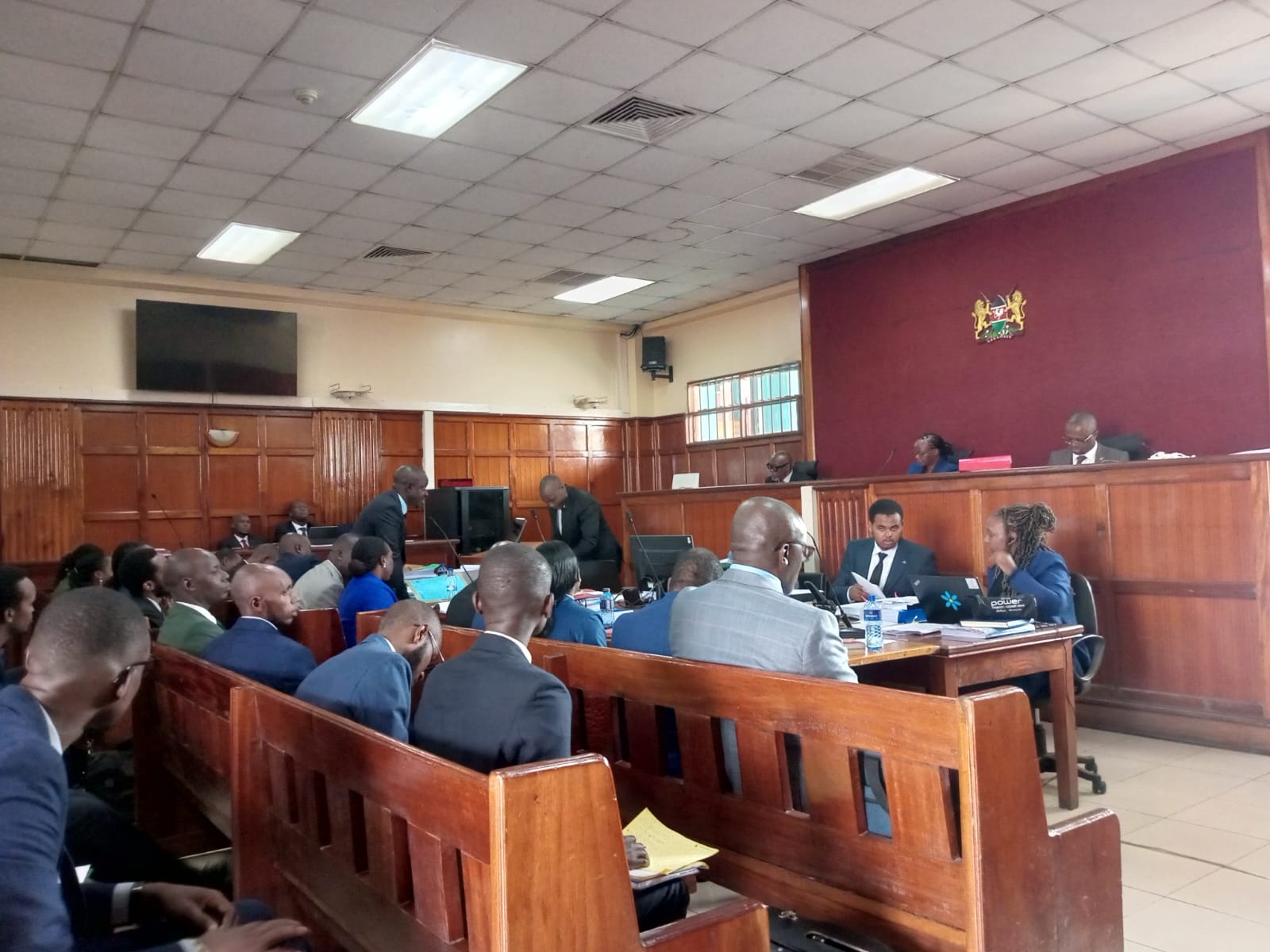

The High Court has declined to admit an oral submission seeking to hold President William Ruto and other government officials in contempt over the appointment of IEBC nominees.
A three-judge bench comprising Justices Roselyne Aburili, John Chigiti, and Bahati Mwamuye ruled on Tuesday that the parties must first be granted an opportunity to be heard before they can be held in contempt.
Petitioners had accused Ruto of disregarding a court order by Justice Lawrence Mugambi that had temporarily barred the gazettement of the IEBC nominees, including the proposed chairperson.
But the judges maintained that individuals accused of disobeying court directives are entitled to a fair hearing, emphasising that due process should be followed.
"The issue being grave cannot be determined in oral submissions, particularly against individuals who are not parties to the proceedings and who have not been afforded the right to be heard,” the bench noted.
Representing the petitioners’ counsel, Lawyer Paul Muite, on Monday, told the judges that defiance warranted punitive measures, including the imposition of a fine.
Backing Muite was counsel Otieno, who submitted that once a party is aware of a court order, formal service is secondary.
“Knowledge of a court order supersedes service. A contemnor has no audience until the contempt is purged,” he told the court.
He referenced a supplementary bank authority filed on June 20, which he said reinforced the view that parties acting in contempt should not be heard.
However, the respondents strongly pushed back against the claims.
Counsel Mbita, for the 1st respondent, argued that they had not been served with any formal application or affidavit for contempt and thus could not be expected to respond to allegations made in open court.
“This application is misplaced, lacking a legal foundation. The rules of fair hearing prohibit altering a case after submissions have been made,” he submitted.
He accused the petitioners of attempting to introduce new grounds outside the original pleadings.
Lawyer Kipkogei, representing the 2nd respondent, dismissed the contempt claims as procedurally defective.
He noted that contempt is personal and must name specific individuals supported by facts, which had not been done.
“You cannot ask for a finding of contempt without identifying the contemnor. The court hasn’t been properly moved under the law,” he argued.
He urged the bench to disregard the oral application and proceed with the substantive petition.

















